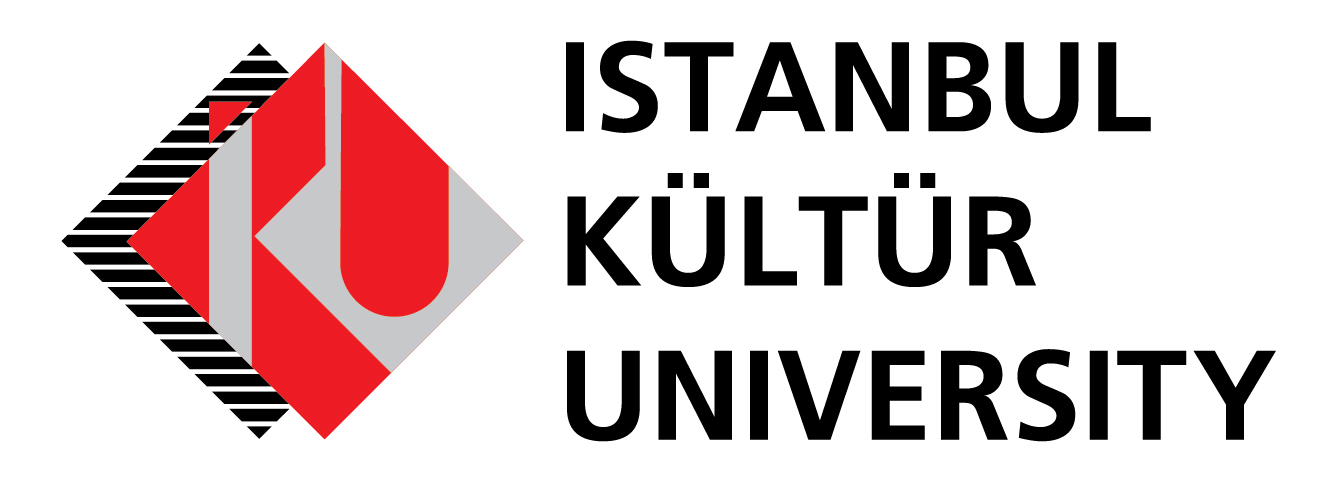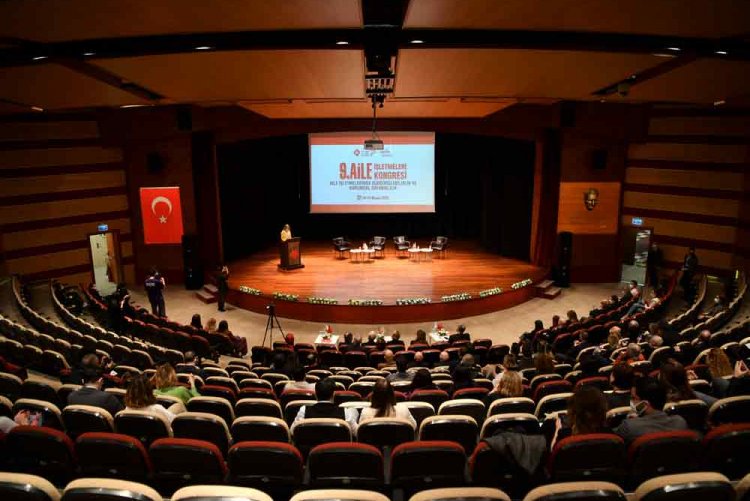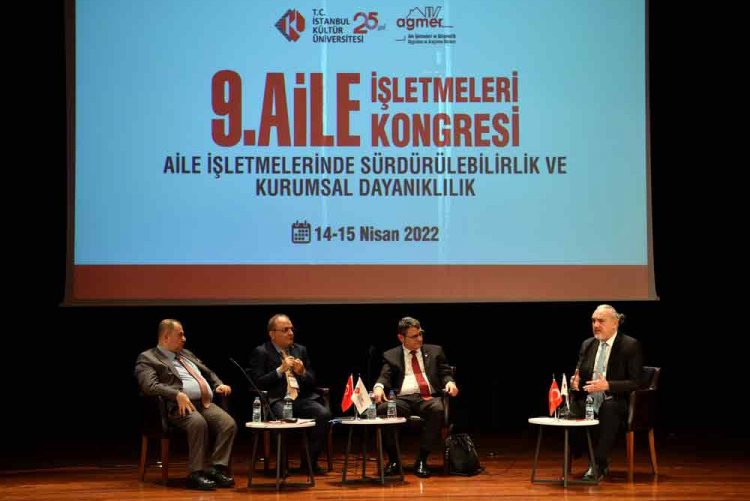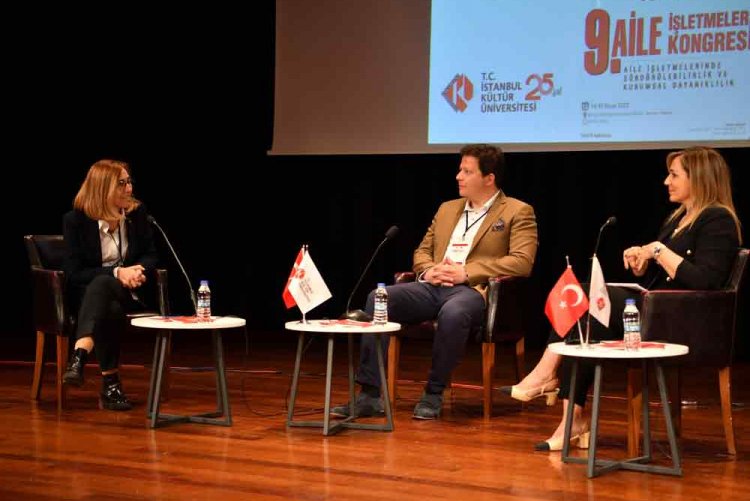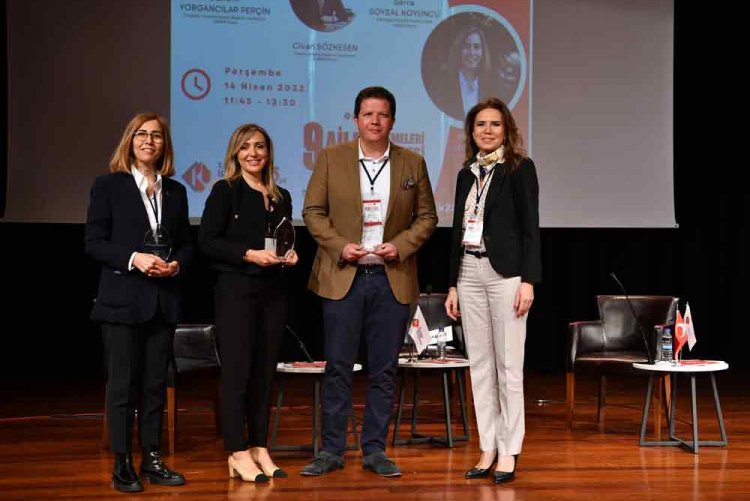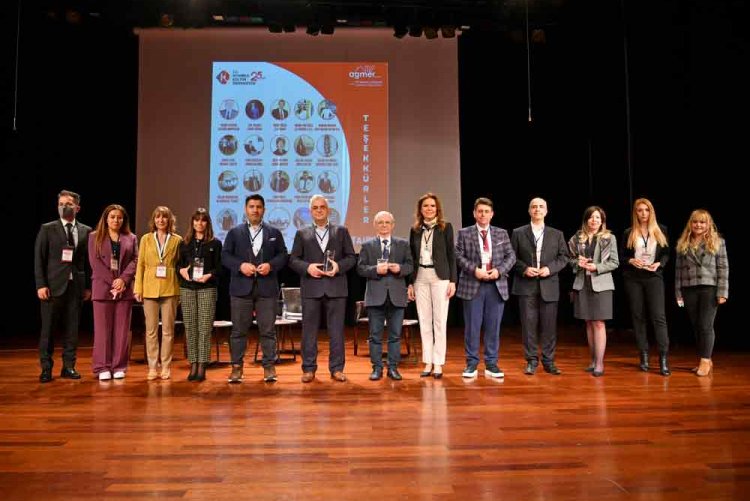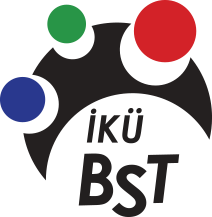The ninth of the Family Business Congress, which has been held in Istanbul Kültür University (IKU) since 2002 and has become traditional, was held with the main theme of "Sustainability in Family Businesses and Institutional Resilience". The "Memorial Award" was given to the managers of the family companies, who have lived stories in the book prepared on the subject at the congress.
Our Rector and our AGMER manager Assist. Prof. Nazan Çağlar made the opening speeches of the 9th Family Business Congress, which was organized in cooperation with Istanbul Kültür University Family Businesses and Entrepreneurship Application and Research Center (AGMER) and TAIDER Family Business Association and hosted by Akıngüç Auditorium and Art Center on April 14-15, 2022. The message of our Chairperson of the Board of Trustees, Prof. Dr. Bahar Akıngüç Günver, who could not attend the program, was read. TİM President İsmail Gülle, Family Business Association (TAİDER) Chairperson Tekin Urhan, family business managers and students attended the congress.
The Congress started with the “Family Business Overview” session. On the first day, sustainability experiences in family companies, financial resilience, NFT, and corporateness in the new world were discussed by experts. It has been turned into a book that business people live by examining difficult times such as the pandemic of family companies with a scientific systematic. In the congress, 20 business people whose stories were included in the book titled “Organizational Flexibility and Resilience Resilience Principles and Experiences from Business People” were given the "Memoir Award". Some of the award winners are as follows: Aydın Öğücü, Bülent Bayraktar, Berkan Baykam, Gülesin Atalay, Başak Kurtoğlu, Cevdet Kain, Civan Sözkesen, Ulaş Kayacan, Yavuz Kankavi and Şerife İnci Eren.
Some of the award winners are as follows: Aydın Öğücü, Bülent Bayraktar, Berkan Baykam, Gülesin Atalay, Başak Kurtoğlu, Cevdet Kain, Civan Sözkesen, Ulaş Kayacan, Yavuz Kankavi and Şerife İnci Eren.
Family Businesses are an Extraordinary Memory
Our Rector, speaking at the congress, said, “It is our responsibility to our country, education and science to be able to provide a route and a guide for sustainability and resilience in the world of risks and crises to businesses that are decisive for the future of the country and the world. Institutional resilient institutions that understand the dynamics of sustainability in economic and social axis are also very important for the future of our young people, whom we train with great effort and prepare for the future. For this reason, I would like to state that we find our congress held here today very meaningful with its scope and mission, and we embrace it as a part of our education responsibility. Family businesses are a great cultural accumulation, an extraordinary memory beyond the economic value they carry for a country. The doors of our center are always open for research, application and consultancy activities in order to be a guide for the sustainability and institutional resilience of family businesses and to lay the groundwork for them to transfer their experiences to younger generations.”
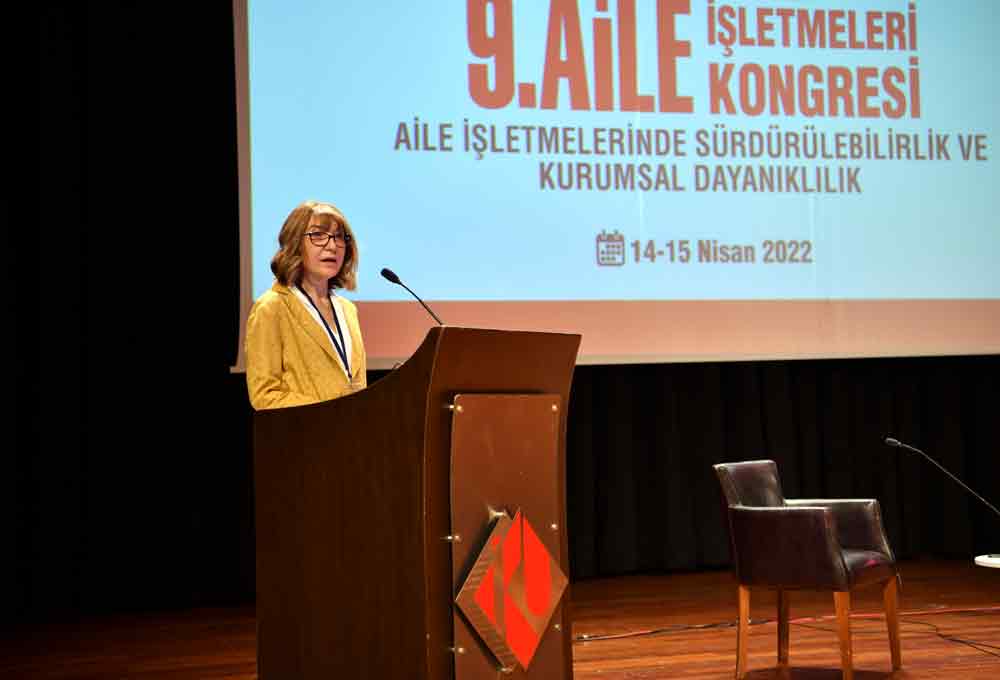
Assist. Prof. Nazan Çağlar: We Will Continue to Discuss the Problems of Family Businesses
Our AGMER Director Assist. Prof. Nazan Çağlar, who gave information about the congress, said, “AGMER is the first family business established within the university in 2004. Since our establishment, we have been holding a congress every two years. In the new normal after the pandemic, companies were affected. We wanted to discuss issues such as "How did they face these impacts in terms of resilience?", "How did they get through this process?" Our main theme was founded on 'corporate resilience and sustainability'. From now on, we will continue to discuss the problems of family businesses every two years.”
20 Business Persons Awarded a 'Memoir Award'
Assist. Prof. Çağlar said, “We examined the experiences of family companies in these difficult times with a scientific systematic, listened to the experiences of business people in accordance with ISO 22316 standards and compiled them into a book. We published that book as "Organizational Flexibility and Resilience Resilience Principles Experience Examples from Business People". We will thank 20 business people whose stories are included in that book by giving them the 'Memoir Award'. This is one of the important resources we bring to the academy as a university. Among the awardees are names working in different sectors such as agriculture, logistics and textile. While determining the names, we had many standards such as the institutionalization of the company, handover, family constitutions, success and how old the company was.”
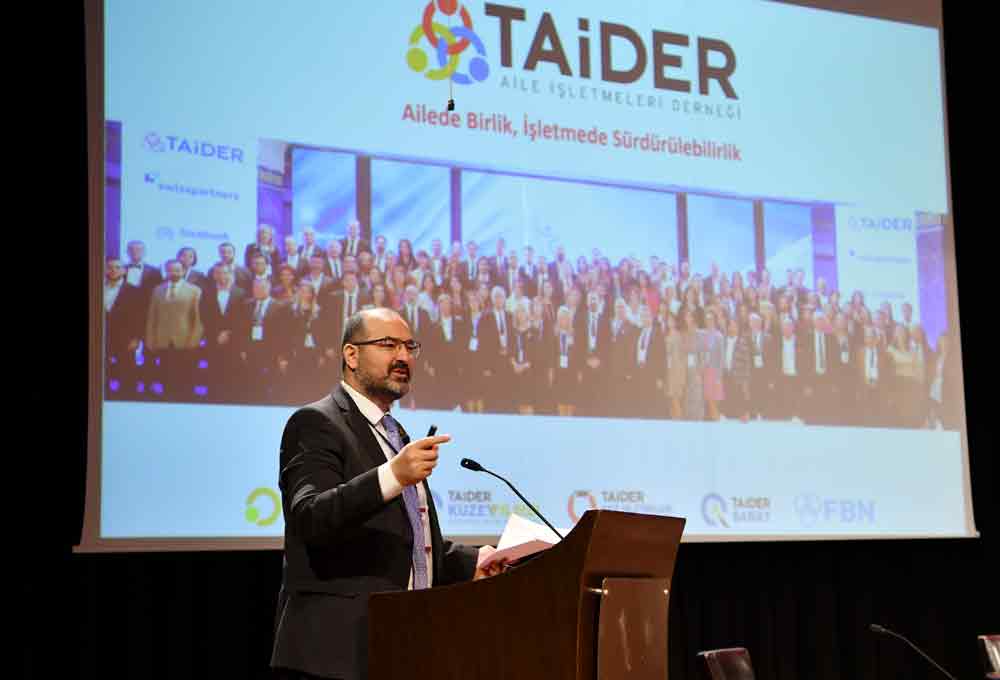
Urhan: Insufficient Research on Family Businesses
TAIDER Chairperson of the Board Tekin Urhan said, “I think that rich and inspiring conversations await us in terms of sharing experiences with various subjects and guests. Unfortunately, the inadequacy of research on family businesses, which form the basis of our country's economy, is obvious. It is also of great importance for us TAIDER members to attend this very valuable and comprehensive event of AGMER, which is the first research center in our country to examine the problems of these enterprises at the 'university level'. Our association, which deals with family businesses in all aspects, not only the business but also the family, stands out among non-governmental organizations with this aspect. We are aware of the great importance of family businesses to reach future generations in order to create a social memory and transfer it in a healthy way. Family businesses have different problems and features, both family-related and private, depending on the elements of the country's economy and the sector in which they operate. As TAIDER, we aim to prevent problems before they occur and to support the establishment of an agile management structure in family companies as we continue on our way with the slogan of "Unity in the Family, Sustainability in the Business".
Institutionalization Rate 66 Percent
Citing examples from the Member Profile and Trends Survey, which published the results in 2021, Urhan said, “53 percent of the participants represented the second generation and 26 percent represented the third generation. In the survey, the topic of institutionalization of the family comes to the fore in the threats our family businesses see in the future. The biggest threats are the assignment processes of new family members, family conflicts, and the transfer of leadership. Risk taking, innovation, delegation of authority, auditing and professionalization are in the second place as the topics related to the institutionalization of the business. In the third place, external factors are seen as threats. 48 percent of the participants think that they should diversify their family business by investing in new areas in the future. In 69 percent of the enterprises, the board of directors works effectively and in 40 percent the executive board works effectively. 66 percent of the surveyed family businesses see themselves on the way to institutionalization. The rate of those who think that they are institutionalized remains at 23 percent," he said.
Average Age of Family Businesses is 25 Years
Urhan said, “65 percent of the participants stated that their leaders have served an average of 21 years or more in family businesses. One third of the families who participated in the survey stated that they had problems due to the inadequacy of the transfer process planning. The average age of family businesses is 25 years. In other words, the fact that they are eroded by 70 percent after the leader reveals that a correct transfer process has not been prepared.”
On the second day of the congress, paper presentations were made.
